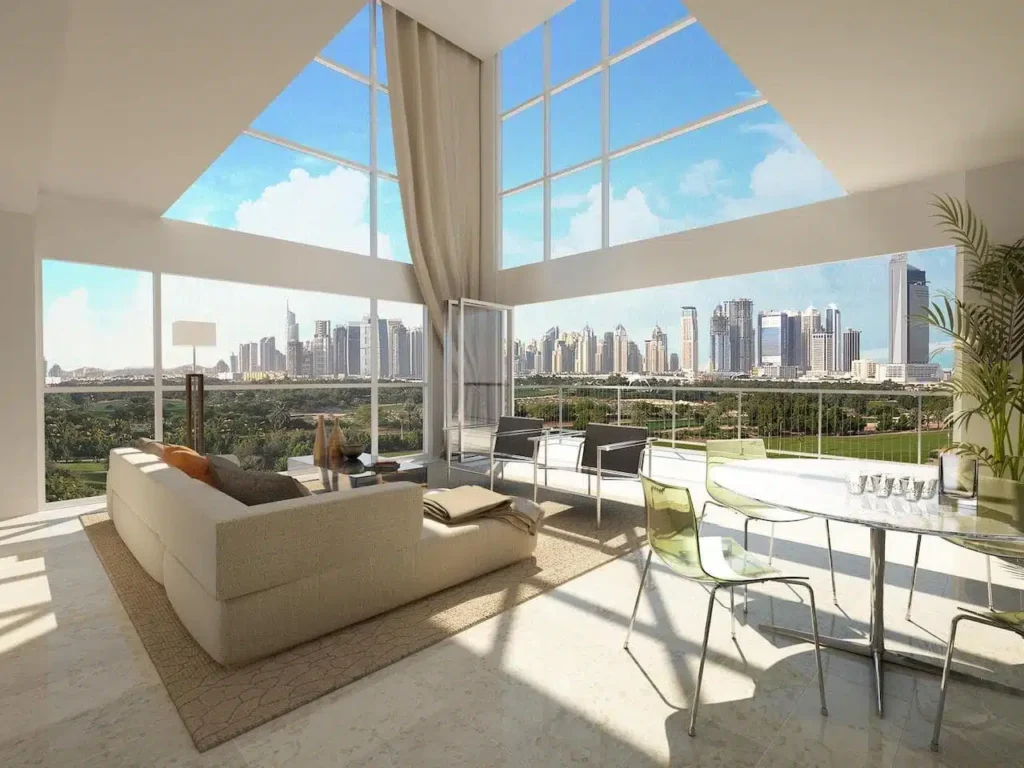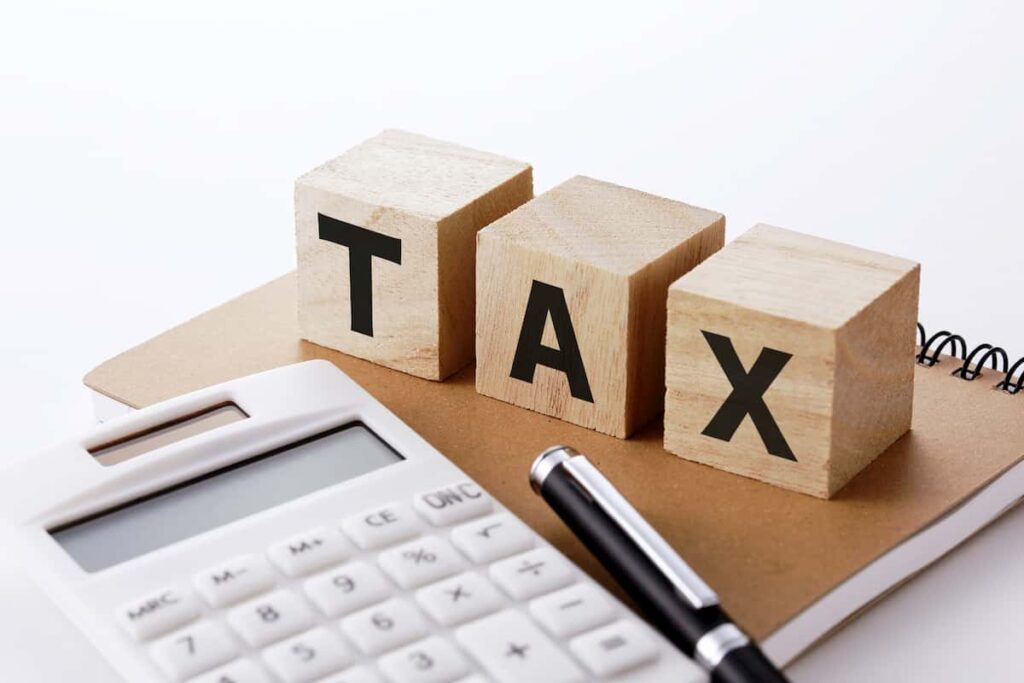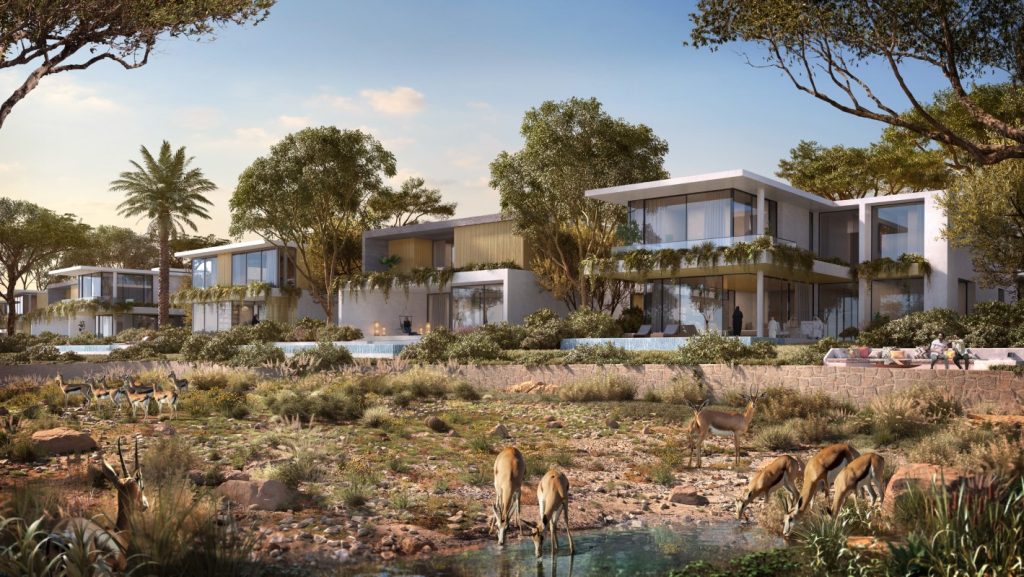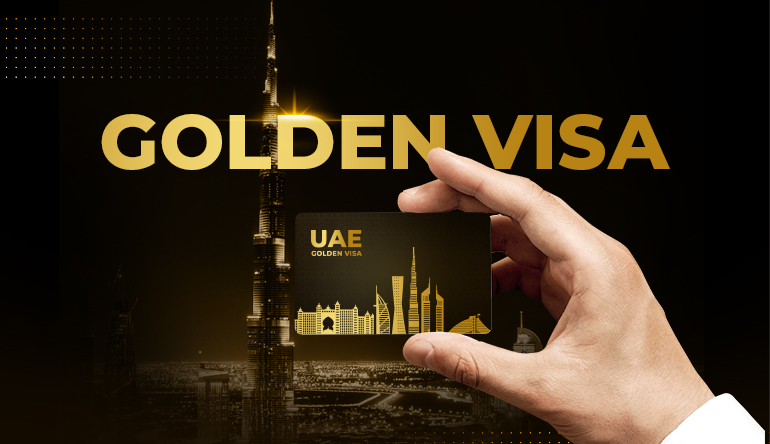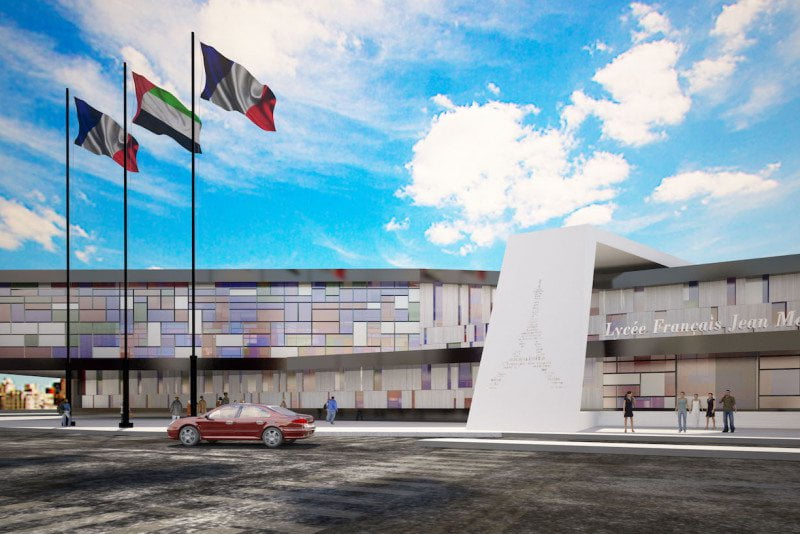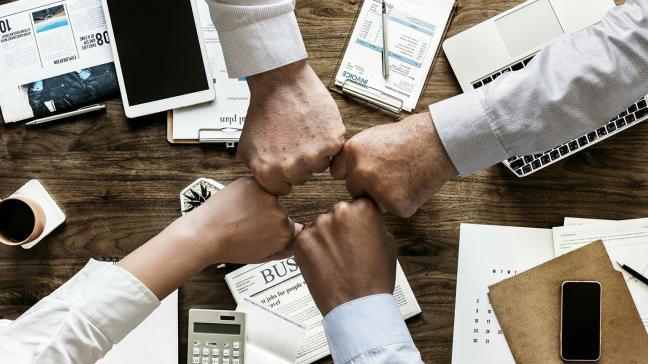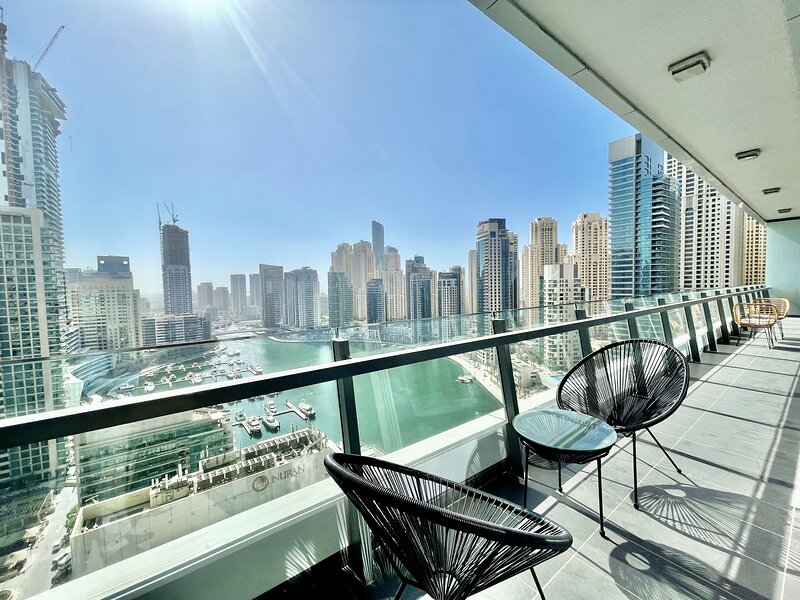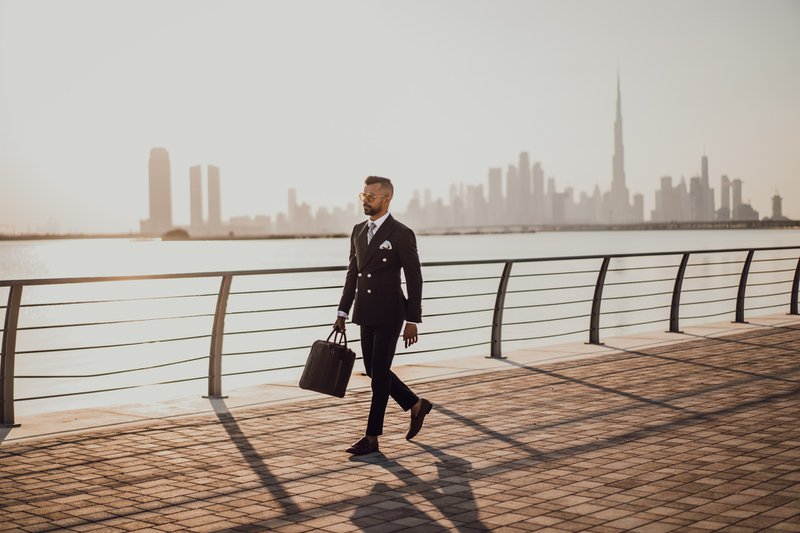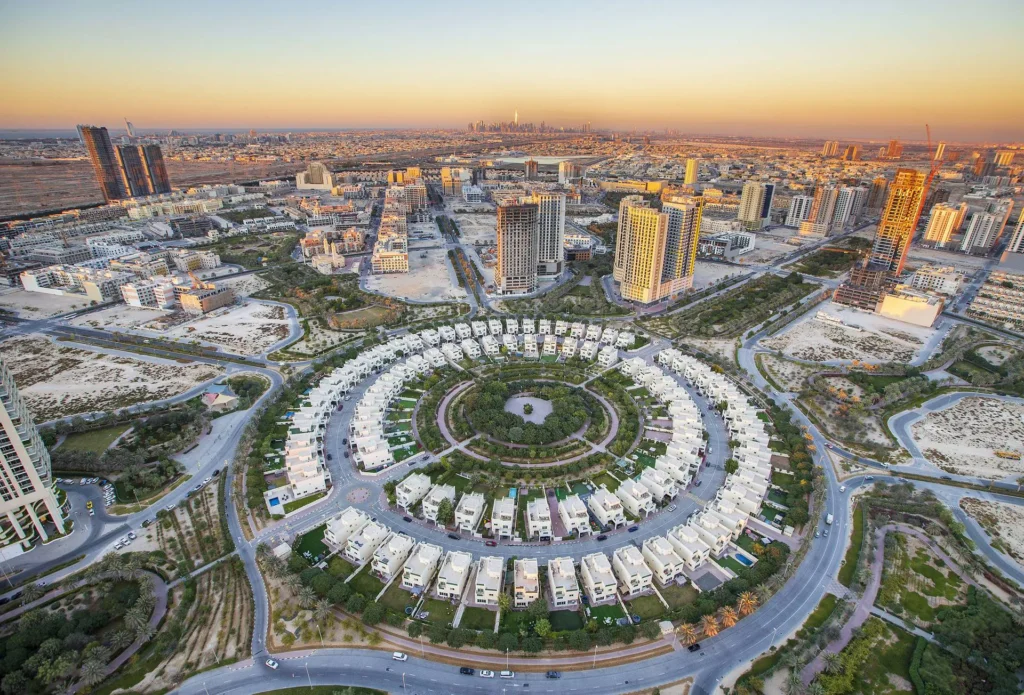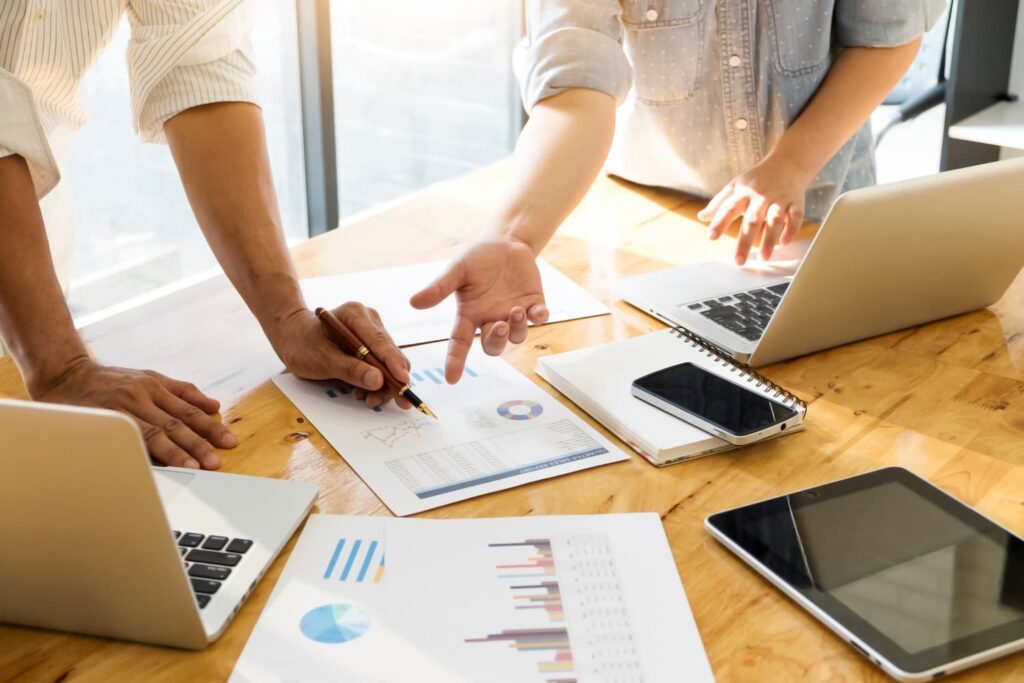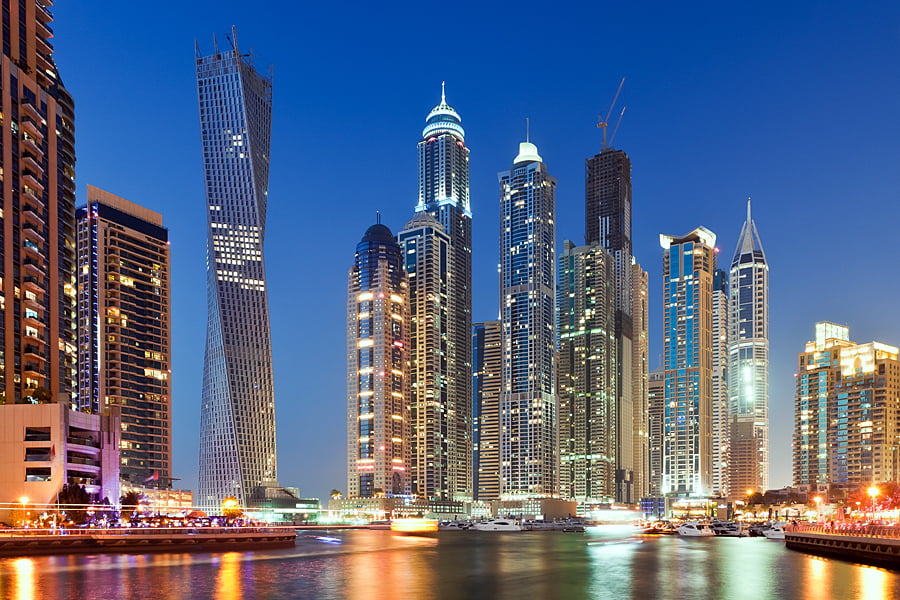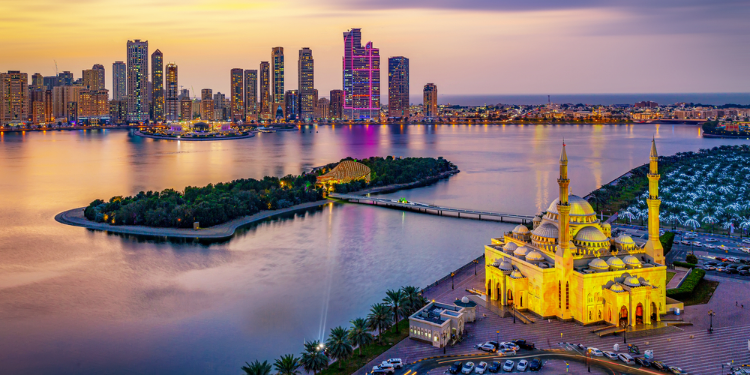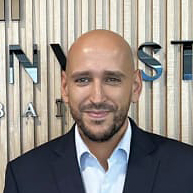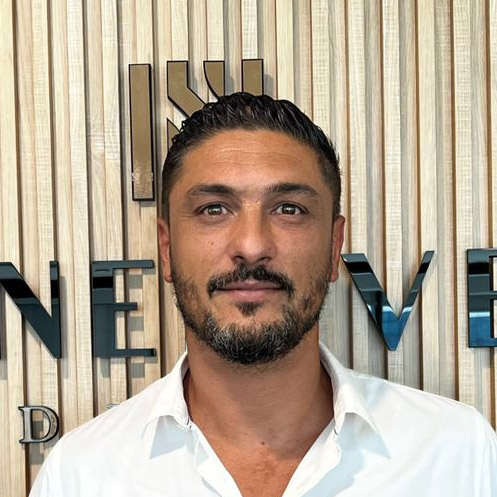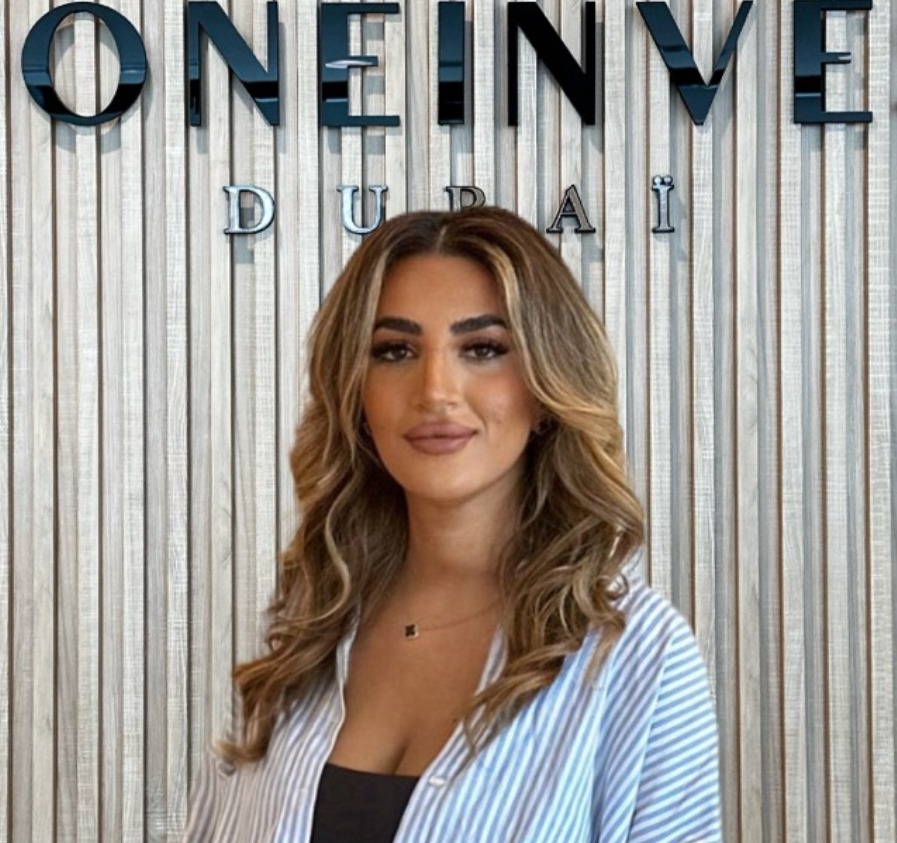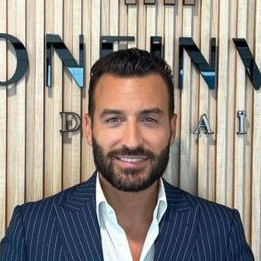Essential terms to master
Dubai is one of the world’s most attractive cities. Beyond its tourist appeal, the city is an ideal choice for investment. For investors, Dubai is the place to be, especially when it comes to investing in real estate. If you want to invest in Dubai real estate or just rent, there are a few terms you need to know.
EJARI: Ejari is one of the most common real estate terms in Arabic. It is a government registration system for long-term rental contracts. The aim is to legalize the relationship between landlords and tenants. It must be registered by the tenants.
IJARAH: This is a rental system with an option to purchase in Dubai, and roughly describes the conditions of leasing or hire-purchase. It allows all rents paid by the customer to be converted into ownership of the property. They can therefore acquire it gradually.
TAWTHEEQ: Tawtheeq is a system whereby the government regulates rental property contracts in Abu Dhabi. It formalizes rental contracts and ensures transparency between landlords and tenants to avoid future disputes. It is often required for services such as electricity and water, internet and telephone services, parking passes, visas for sponsoring dependants, etc. It is the landlord’s responsibility to register the contract.
OQOOD: This is a real estate contract that provides developers with a set of services to manage their projects online. It allows you to register initial sales without having to visit the DLD. It also regulates and monitors the management of off-plan properties in Dubai by reference to the rules and regulations established by the real estate authorities. This ensures transparency and optimizes investor confidence in this type of property.
AL SA’FAT: Al Sa’fat is a program designed to encourage sustainable development in Dubai and the United Arab Emirates. It was set up primarily to encourage the construction of eco-responsible, environmentally-friendly buildings. Al Sa’fat began with the Dubai Municipality’s “Green Building Specifications”. These specifications were required of government buildings from 2011 and have become mandatory for all new buildings since March 2014.
MAKANI: The word MAKANI means “my location”. It’s a smart program that requires every building, house and public place in Dubai to be identified with a 10-digit code called a “Makani number”. This code enables location sharing, making it easier for tenants to find the location of a property. It is also equipped with a feature that enables distress signals to be sent in the event of an emergency. It was first introduced in Dubai in 2005.
ESTIDAMA: Estidama is derived from the word “sustainability”. It is a real estate design program that facilitates eco-responsible building projects in Dubai and the United Arab Emirates. The program includes principles to be followed when constructing buildings to make them sustainable, and should therefore not be confused with systems such as BREEAM and LEED, which are rating systems.
TASDEEQ: This is an Ajman-based platform that enables the ratification of rental contracts, residential, commercial and various other real estate transactions to tenants. This validation avoids disagreements between landlords and tenants and therefore ensures the validation of transactions.
MUSATAHA: This is a type of contract under which it is possible to build or cultivate on leased property. This encourages investment and allows you to build without even having bought land in Dubai. The term cannot exceed 50 years.
TRAKHEESI: Trakheesi is a system for real estate agents in Dubai. It helps real estate professionals and brokerage companies obtain licenses and approvals. The system is linked to Dubai Economic Development (DED), and is therefore government-approved.
